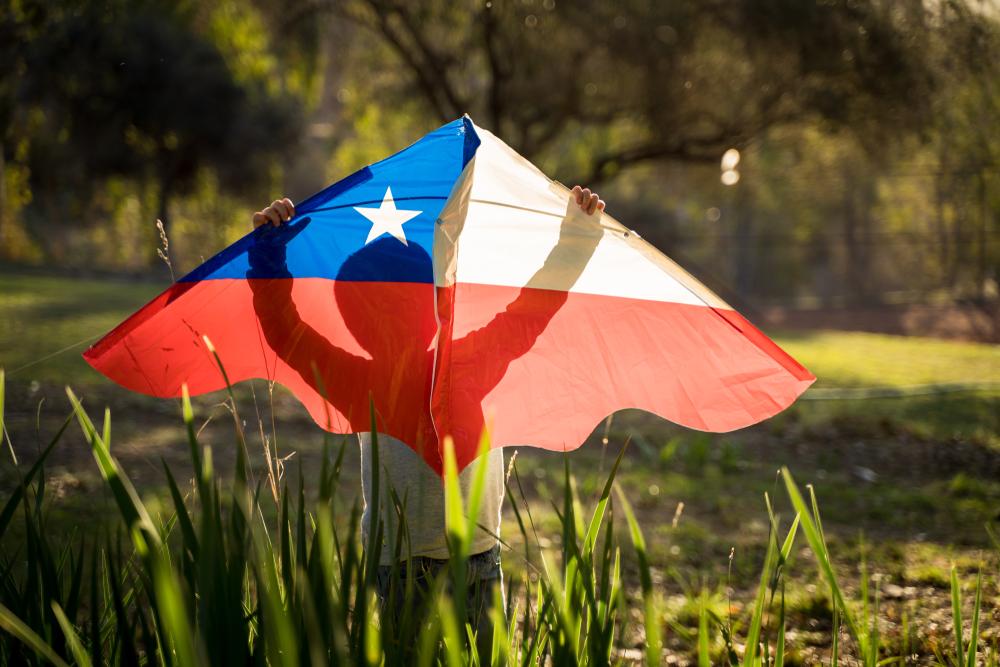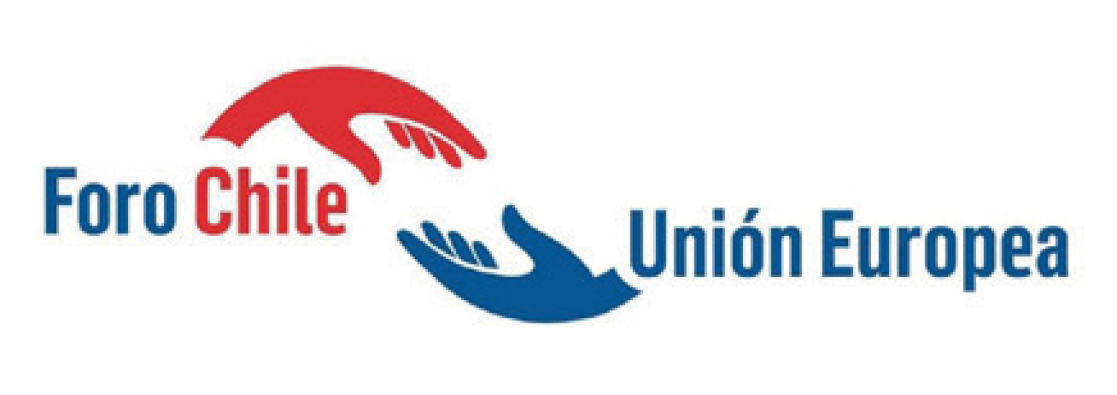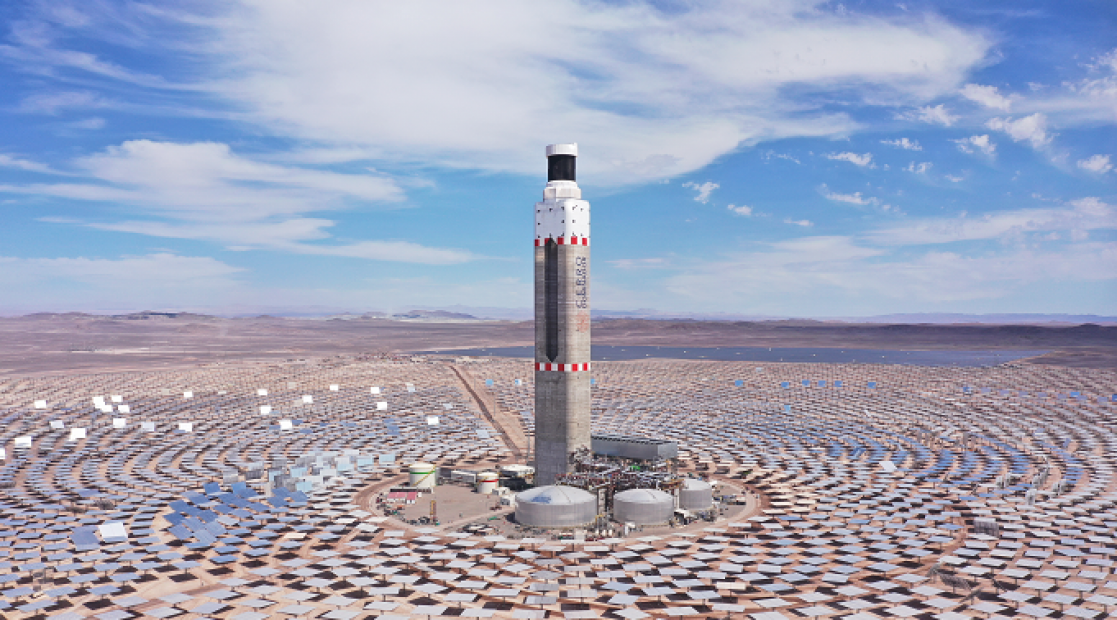Chile: a country and a time of opportunities

The High Representative's visit to Chile comes at an opportune moment to engage with the new government on its transformative agenda and to recognise the historic nature of the country’s constitutional process. The relationship between the EU and Chile has historically been close: Chile was the first country in Latin America to have a European Commission representation in 1967 and to sign an Association Agreement with the EU in 2002. Moreover, shared priorities on key issues (such as climate action, sustainable development, inclusive recovery from the COVID-19 pandemic) offer the EU and Chile the opportunity for deepened cooperation that could benefit the collective prosperity of both societies. The modernised EU-Chile Association Agreement, once concluded, will provide the legal framework to support more intense engagement and collaboration on our common values and goals. This Agreement, the most comprehensive and progressive bilateral agreement negotiated by the EU to date, would set new standards, with chapters on sustainable development, gender and trade, support for SMEs.
This visit takes place against the background of the Russia's unjustified war against Ukraine that has made even more evident the need to work with the international community to guarantee the protection of the multilateral system and the rules-based global order. The Government of Chile has been a strong and like-minded partner on this issue and voted alongside the EU in the three votes in the UN General Assembly. The HR/VP Borrell will address the Russian aggression against Ukraine and its consequences with Chilean leaders.
EU-Chile partnership: strengthening democracy, multilateralism, modernised trade, green agenda, sustainable security, increasing connectivity
President Gabriel Boric's government has emphasised that its foreign policy will be feminist and “turquoise” (both “green” in protecting the environment and “blue” in protecting the oceans) and will prioritise human rights. These priorities converge with the EU goals to promote multilateralism, strengthen democracy, social cohesion, human rights and gender equality. Given its role as a political lodestar in the region, Chile’s institutional and innovative path towards transformative change inspires interest around the world. There has also been new interest within Chile on the experiences of the EU and its Member States in their diverse paths to create social welfare states.
In the framework of the historic constitutional process in Chile, the “Forum Chile-European Union” was launched to facilitate exchanges of experiences and lessons learned about constitutional processes, relevant structural reforms, and social welfare public policies. This Forum included activities and debates with the Chilean Congress, universities and the media which highlighted the different approaches taken within the EU to implement the common democratic values shared with Chile.

The EU’s innovative agenda on the promotion of fair and sustainable trade, trade and gender, digitalisation, circular economy and energy transition will be at the core of the modernised Association Agreement, that we hope to finalise soon.
The green agenda is an area where cooperation will greatly intensify in the coming years, building on the significant EU support provided during Chile's two-year COP Presidency to support the green transition.
During his trip, the HR/VP has inaugurated, together with the Chilean Minister of Climate Change, an event at ECLAC on climate action to launch the next phase of the Euroclima programme and announce the launch of a €4 million programme for the development of green hydrogen. He will also accompany the Chilean Energy Minister to the first solar plant in Latin America, "Cerro Dominador", co-financed by the EU.

In order to explore further cooperation on migration and security, Borrell has stressed the EU's readiness to offer technical assistance in the management of migration flows and police reform, as well as to encourage Chile's continued active participation in EU regional cooperation programmes in the fight against drug trafficking, transnational organised crime and cybercrime.
Science and technology is another field with great potential for cooperation, and the recently inaugurated BELLA submarine fibre optic cable connecting Europe with Latin America has brought unprecedented opportunities for scientific, cultural and business exchanges, and has further boosted Chile's already important participation in Horizon 2020/HorizonEurope.
On his trip, the EU High Representative will visit the European Space Observatory, which is located at the top of Cerro Paranal in the Atacama Desert in northern Chile.
A good example of EU-Chile scientific and technological cooperation is the Copernicus data hub hosted by the University of Chile, which allows Chilean users to access free and open data provided by the Sentinel satellites of the Copernicus Constellation, with time savings of up to 90%. The new Digital Alliance EU-LAC, with an estimated budget of EUR 4 million, will improve the use of this program at a regional level for relevant topics such as climate change, risk management, territorial planning, evaluation of solar and wind potential, among others.
Chile, with its new constitutional process and new government, is entering a moment of great change that has come in response to the broad calls for a more just and democratic society. The European Union is fully committed to working with Chile on our shared values to ensure a better future for all.




